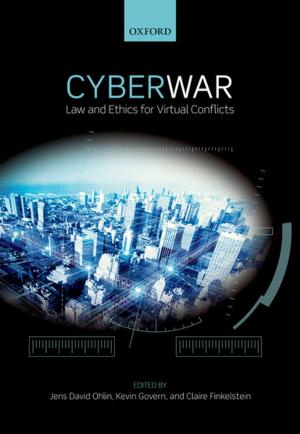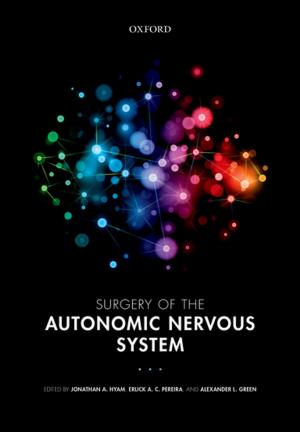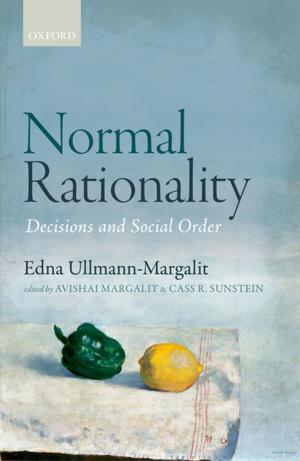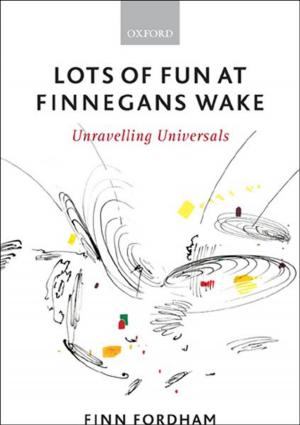Ultracold Atoms in Optical Lattices
Simulating quantum many-body systems
Nonfiction, Science & Nature, Science, Physics, Quantum Theory, General Physics| Author: | Maciej Lewenstein, Anna Sanpera, Verònica Ahufinger | ISBN: | 9780191627439 |
| Publisher: | OUP Oxford | Publication: | March 8, 2012 |
| Imprint: | OUP Oxford | Language: | English |
| Author: | Maciej Lewenstein, Anna Sanpera, Verònica Ahufinger |
| ISBN: | 9780191627439 |
| Publisher: | OUP Oxford |
| Publication: | March 8, 2012 |
| Imprint: | OUP Oxford |
| Language: | English |
Quantum computers, though not yet available on the market, will revolutionize the future of information processing. Quantum computers for special purposes like quantum simulators are already within reach. The physics of ultracold atoms, ions and molecules offer unprecedented possibilities of control of quantum many body systems and novel possibilities of applications to quantum information processing and quantum metrology. Particularly fascinating is the possibility of using ultracold atoms in lattices to simulate condensed matter or even high energy physics. This book provides a complete and comprehensive overview of ultracold lattice gases as quantum simulators. It opens up an interdisciplinary field involving atomic, molecular and optical physics, quantum optics, quantum information, condensed matter and high energy physics. The book includes some introductory chapters on basic concepts and methods, and then focuses on the physics of spinor, dipolar, disordered, and frustrated lattice gases. It reviews in detail the physics of artificial lattice gauge fields with ultracold gases. The last part of the book covers simulators of quantum computers. After a brief course in quantum information theory, the implementations of quantum computation with ultracold gases are discussed, as well as our current understanding of condensed matter from a quantum information perspective.
Quantum computers, though not yet available on the market, will revolutionize the future of information processing. Quantum computers for special purposes like quantum simulators are already within reach. The physics of ultracold atoms, ions and molecules offer unprecedented possibilities of control of quantum many body systems and novel possibilities of applications to quantum information processing and quantum metrology. Particularly fascinating is the possibility of using ultracold atoms in lattices to simulate condensed matter or even high energy physics. This book provides a complete and comprehensive overview of ultracold lattice gases as quantum simulators. It opens up an interdisciplinary field involving atomic, molecular and optical physics, quantum optics, quantum information, condensed matter and high energy physics. The book includes some introductory chapters on basic concepts and methods, and then focuses on the physics of spinor, dipolar, disordered, and frustrated lattice gases. It reviews in detail the physics of artificial lattice gauge fields with ultracold gases. The last part of the book covers simulators of quantum computers. After a brief course in quantum information theory, the implementations of quantum computation with ultracold gases are discussed, as well as our current understanding of condensed matter from a quantum information perspective.















